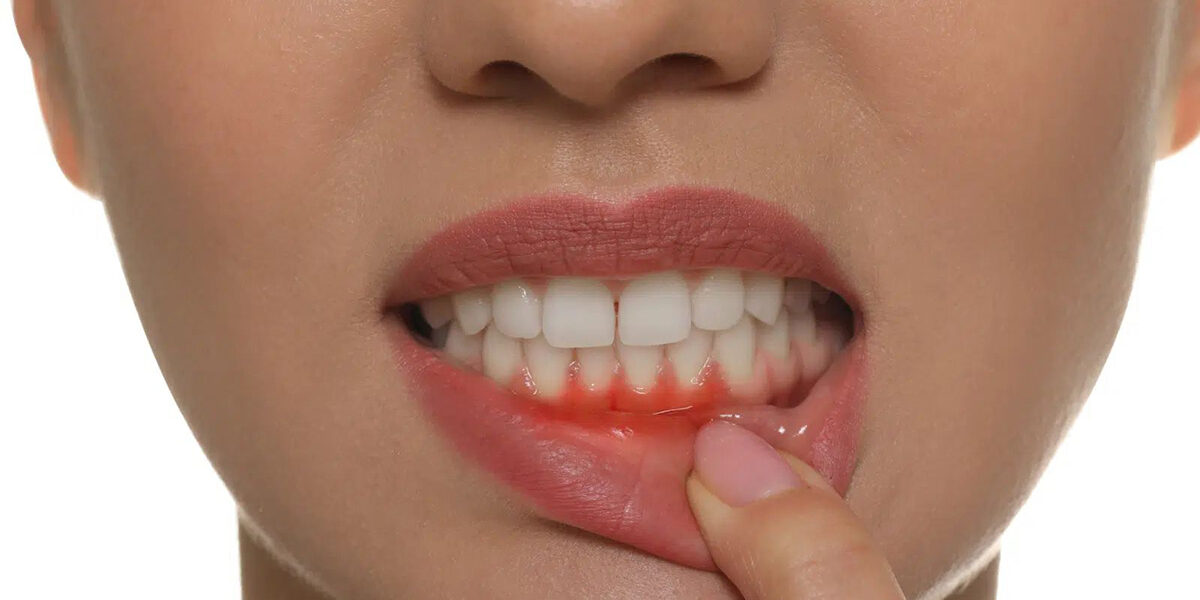Important information about Gum disease
Managing Periodontal Disease: A Periodontist’s Perspective
Your dentist could recommend a periodontist—a specialist in treating gingivitis and gum disease—if you have gum disease. Advanced training in the diagnosis and treatment of periodontal disease is possessed by periodontists.
Periodontitis is a more severe gum disease that has reached the bone. Since gum health has been shown to have an impact on overall health, treating gum disease is essential. For instance, studies show that males who have gum disease have an increased risk of cardiovascular disease. Gum disease can cause inflammation of the gums, which can impact the heart and blood vessels.
Factors at Risk for Gum Disease
Bad oral hygiene is one of the biggest risk factors for periodontitis and gingivitis. If you don’t brush and floss your teeth on a regular basis, plaque can accumulate and inflame your gums.
Genetics plays a role as well. You can also be more susceptible if you have family members who have gum disease. Age has a role as well. As people age, gingivitis and periodontal disease become increasingly common. According to one study, for unclear reasons, those of shorter stature are also more likely to have these diseases.
Signs of Periodontal Disease
Understanding the telltale signs and symptoms of gingivitis is crucial. The illness is reversible if you discover the signs early, before the bones become involved.
The following are the most typical signs of gum disease:
Gum redness, soreness, or swelling
Bleeding during flossing or brushing
Foul breath
Teeth that are shifted or no longer correctly assemble
Receding gums, which make teeth seem longer
Teeth that are loose (typically in advanced stages)
See your dentist right away if you experience any of the aforementioned symptoms. If your gum disease is severe, they could recommend that you see a periodontitis specialist for treatment.
The ligaments and bones that support your teeth in place may be harmed by the inflammation if you ignore the symptoms.
How to Treat Gum Disease with a Periodontist
A periodontist will assess the extent of your gum disease as their initial step. If the inflammation is limited to the gums, oral hygiene interventions can frequently resolve the issue. Infection and inflammation may extend to your jaw’s bones if they get more severe.
In cases where the bone is affected, the condition is probably irreversible. However, a periodontist can treat minor periodontal disease by removing tartar below the gum line through a procedure known as scaling.
By smoothing the tooth’s root’s rough surface, root planing reduces the likelihood that bacteria will adhere.
In cases of severe periodontal disease, where the infection extends beyond the gum line and into the bone, you could require surgical intervention to prevent the loss of one or more teeth.
Gum flap surgery is one of these procedures where the periodontist makes an incision in the gums and removes tissue to clean underneath the gums. The tissue is sutured back into place after the cleaning is finished.
In certain instances, they could advise bone or gum grafts to strengthen the bones or cover places where the gums are receding. Protocols for tissue regeneration with proteins that promote tissue growth are also available.
Laser therapy aimed at gum disease sites is a more recent intervention. The benefit is that this method requires less time to recover, but there is no proof that it is better than the standard surgical method. It is advisable to discuss all of your options with your periodontist and determine which is best for you.
Compared to other gum disease therapy options, therapy is superior. It would be beneficial if you discussed all of your treatment choices with your dentist. When making dental selections, it’s usually advisable to err on the side of caution.
Dental Hygiene Is Important
Maintaining great oral hygiene following treatment is necessary to avoid a recurrence of periodontitis. Good dental hygiene practices reduce your chances of developing the condition.
Please Contact Us here at Oakstone Dental to discuss your options with our friendly, helpful staff.







